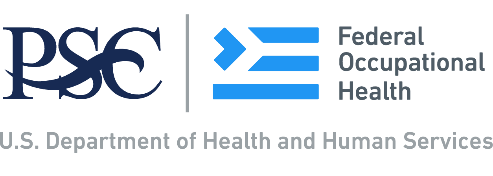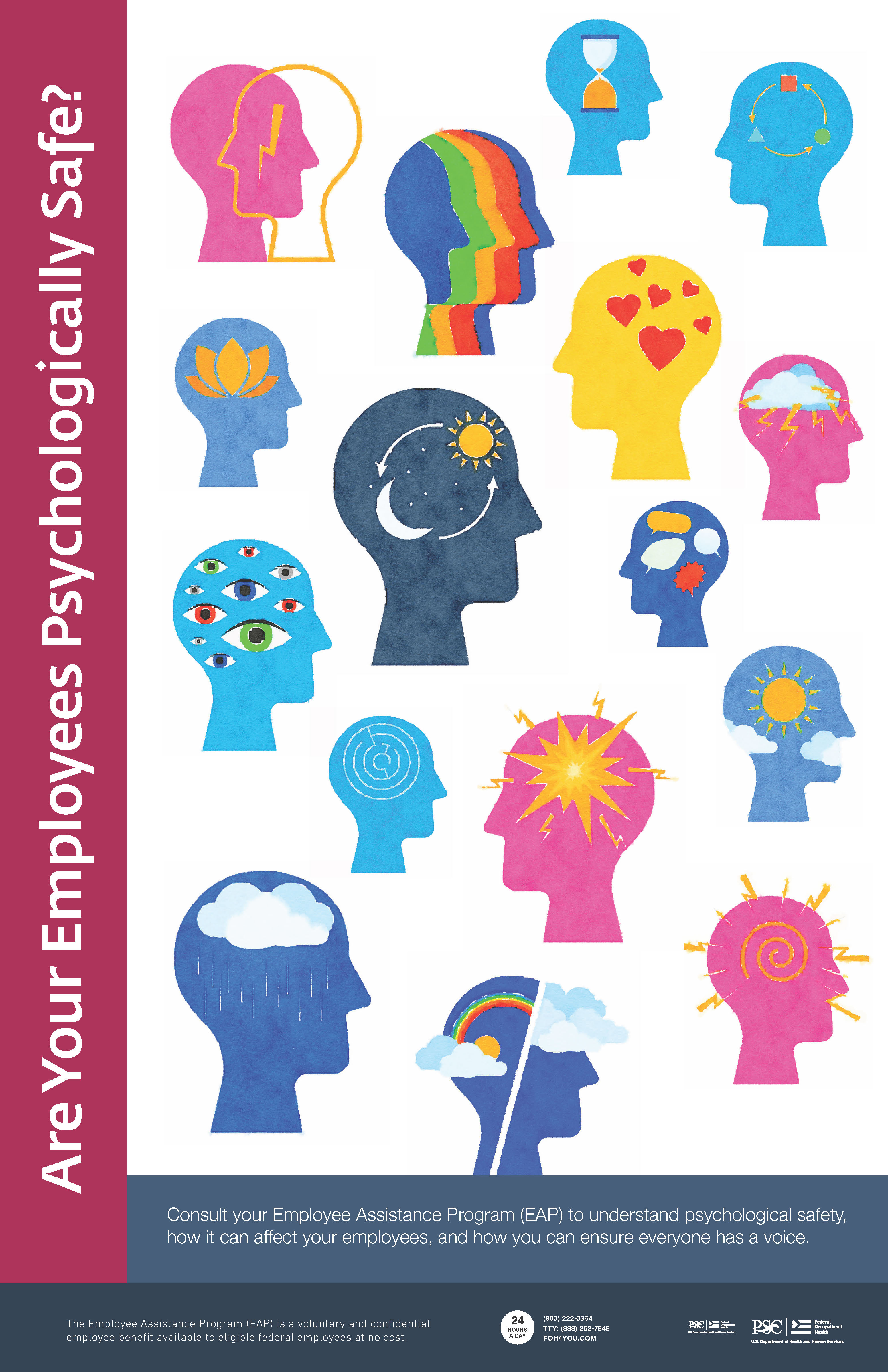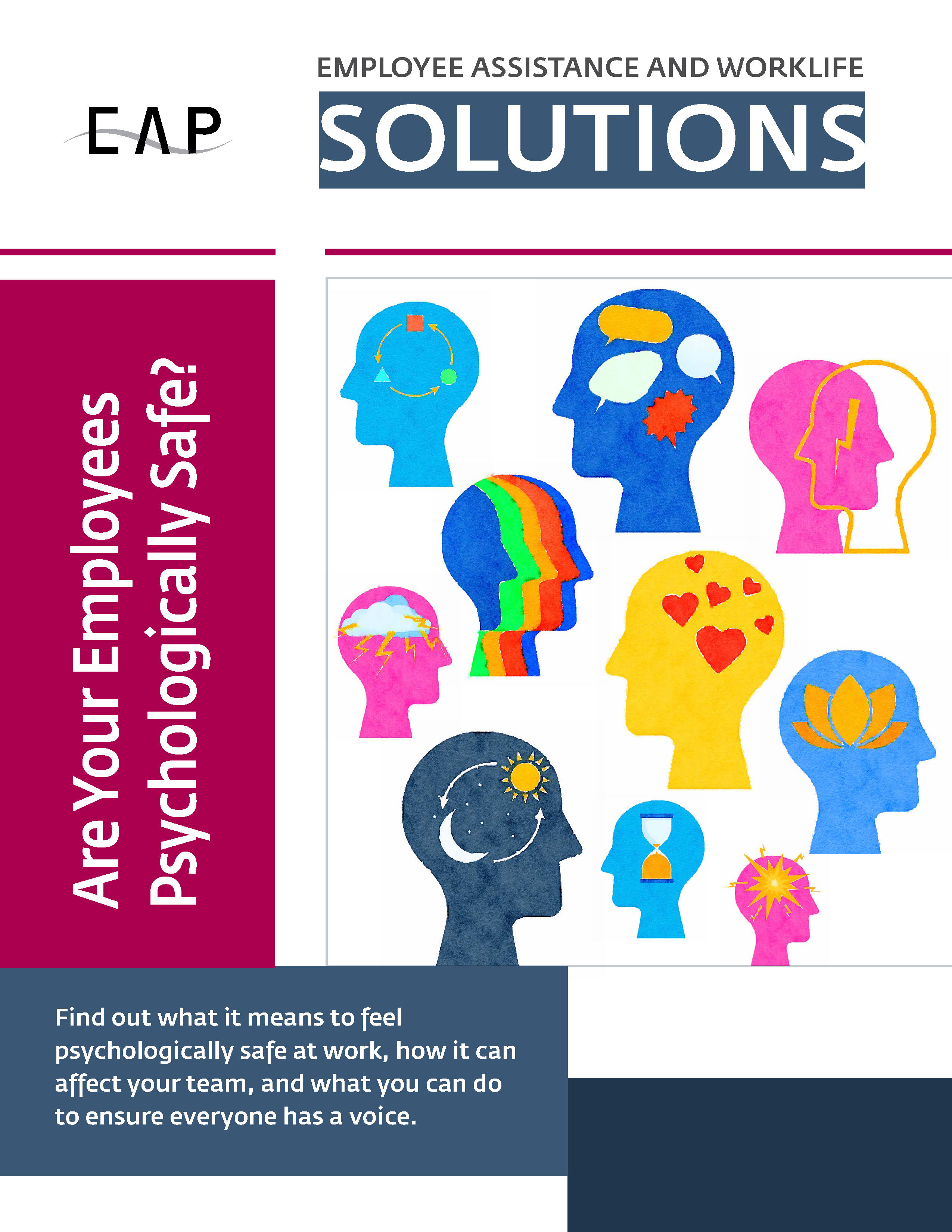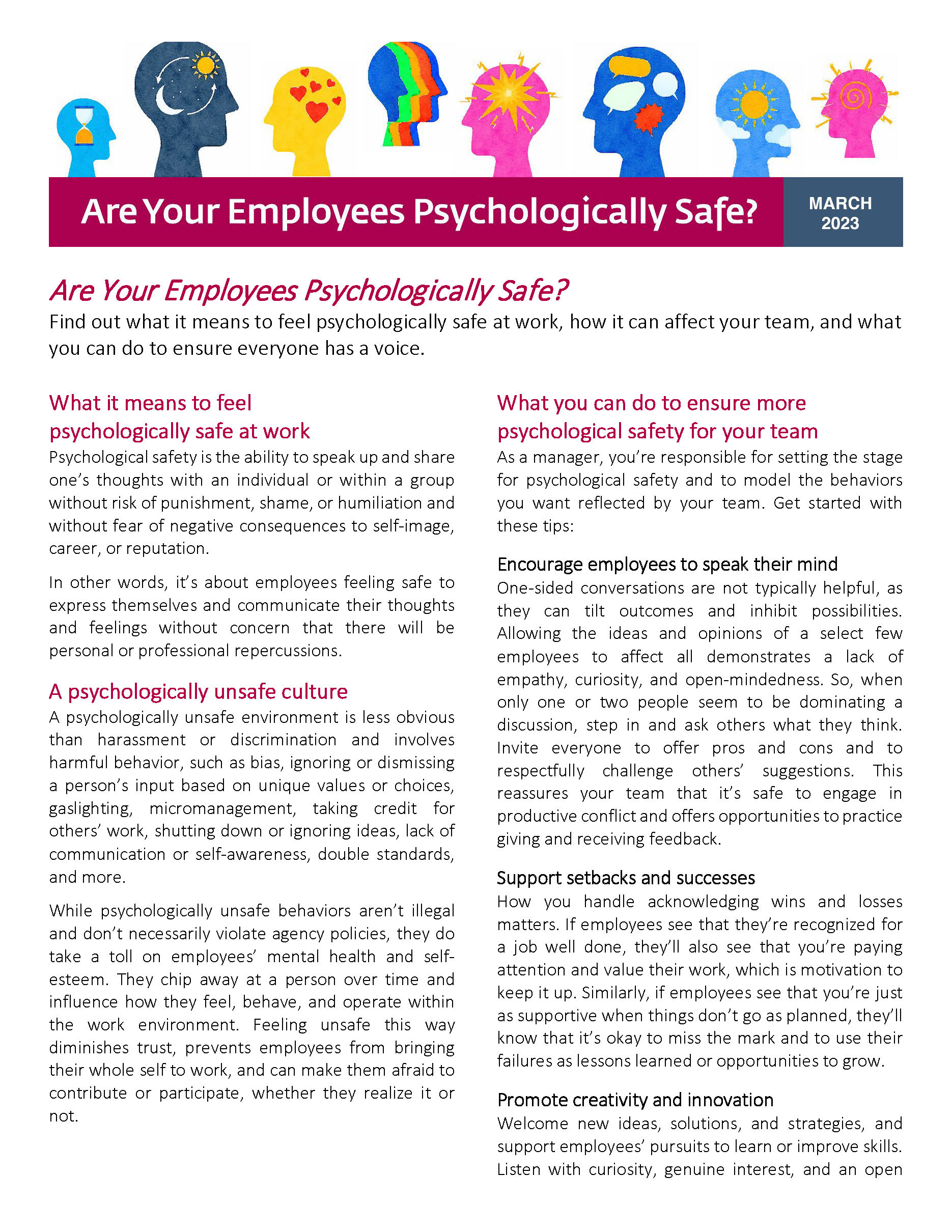
Find out what it means to feel psychologically safe at work, how it can affect your team, and what you can do to ensure everyone has a voice.
What it means to feel psychologically safe at work
Psychological safety is the ability to speak up and share one’s thoughts with an individual or within a group without risk of punishment, shame, or humiliation and without fear of negative consequences to self-image, career, or reputation.
In other words, it’s about employees feeling safe to express themselves and communicate their thoughts and feelings without concern that there will be personal or professional repercussions.
A psychologically unsafe culture
A psychologically unsafe environment is less obvious than harassment or discrimination and involves harmful behavior, such as bias, ignoring or dismissing a person’s input based on unique values or choices, gaslighting, micromanagement, taking credit for others’ work, shutting down or ignoring ideas, lack of communication or self-awareness, double standards, and more.
While psychologically unsafe behaviors aren’t illegal and don’t necessarily violate agency policies, they do take a toll on employees’ mental health and self-esteem. They chip away at a person over time and influence how they feel, behave, and operate within the work environment. Feeling unsafe this way diminishes trust, prevents employees from bringing their whole self to work, and can make them afraid to contribute or participate, whether they realize it or not.
What you can do to ensure more psychological safety for your team
As a manager, you’re responsible for setting the stage for psychological safety and to model the behaviors you want reflected by your team. Get started with these tips:
Encourage employees to speak their mind
One-sided conversations are not typically helpful, as they can tilt outcomes and inhibit possibilities. Allowing the ideas and opinions of a select few employees to affect all demonstrates a lack of empathy, curiosity, and open-mindedness. So, when only one or two people seem to be dominating a discussion, step in and ask others what they think. Invite everyone to offer pros and cons and to respectfully challenge others’ suggestions. This reassures your team that it’s safe to engage in productive conflict and offers opportunities to practice giving and receiving feedback.
Support setbacks and successes
How you handle acknowledging wins and losses matters. If employees see that they’re recognized for a job well done, they’ll also see that you’re paying attention and value their work, which is motivation to keep it up. Similarly, if employees see that you’re just as supportive when things don’t go as planned, they’ll know that it’s okay to miss the mark and to use their failures as lessons learned or opportunities to grow.
Promote creativity and innovation
Welcome new ideas, solutions, and strategies, and support employees’ pursuits to learn or improve skills. Listen with curiosity, genuine interest, and an open mind, even if the ideas and direction aren’t fully formed. Suggest that they run their concepts by other team members and get input from potential end-users.
Account for remote workers
If your team consists of employees who work from home, make sure they’re supported, equipped, and involved just like any employee. This is important because, for remote workers, psychological safety has an added element in that they can be or think they might be marginalized or discounted when it comes to their opinions, input, and participation. For example, they may be excluded from discussions around work/life balance or flexible schedule options because they’re seen as already having those things built in. They might feel overlooked if praise and rewards are conducted only in the office or if celebrations occur only in person and local to headquarters.
Remote staff are also affected by less overt forms of marginalization, such as when no one in a leadership role works remotely or if meetings are regularly scheduled without regard to time zones. The optics of these things can feel as though in-office work carries more value, or that a personal decision to work from home isn’t truly accepted or supported.
Download the Campaign
|
Poster |
PDF Newsletter |
PT Newsletter |
|
How your EAP can help If you’d like more information, resources, or guidance on fostering a more psychologically safe environment for your employees, contact the Employee Assistance Program (EAP). The EAP is available 24/7 to support you and your unique management needs. 24 HOURS A DAY
The EAP is a voluntary and confidential employee benefit available to eligible federal employees at no cost. |




